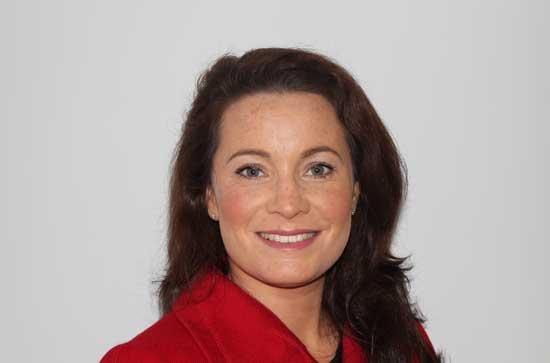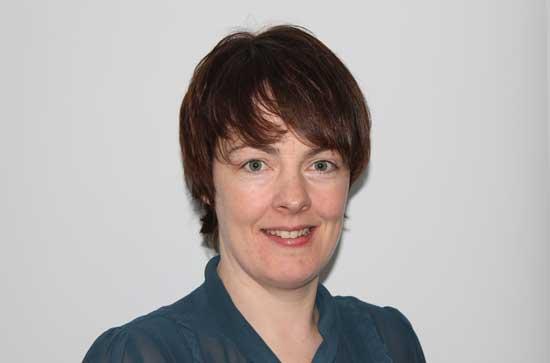Qualification : BACHELOR OF ARTS DEGREE
Award Type and NFQ level : UNDERGRADUATE DEGREE (8)
CAO/MU Apply code : MH003
CAO Points : 389
Closing Date : 01 July 2025
Degree Overview
>Full time, level 8, honours degree, catering for those aspiring to enter the Early Childhood Education and Care sector from Leaving Certificate, further education or mature student paths. Those currently working in the ECEC sector may be interested in the flexible BA in Early Childhood Teaching and Learning (MH004 - see p. 110).
>The programme is closely linked with Early Childhood Education and Care (ECEC) practice, and staff are experienced in the development, delivery and advocacy of Early Childhood Education and Care.
>Work placements take place in Tusla-notified Early Childhood Education and Care settings.
>It is a progressive level 8 degree, supporting the development of outstanding early childhood educators.
>Students can graduate with a level 7 qualification after 3rd year or a level 8 qualification after 4th year.
>This degree offers graduates the option of progressing their careers in Early Childhood Education and Care in varied professional roles.
Duration: 4 years (full-time)
This full-time degree will prepare you for a range of leadership roles in the Early Childhood Education and Care (ECEC) sector. Lectures are 3 days a week and students spend 2 days a week in settings (for example, in 2023-2024 it was Monday and Friday in settings and Tuesday to Thursday in lectures).
Possible topics:
1st year
- Reflective Practice: Educator as Learner
- Introduction to Child Psychology
- Introduction to Social and Legal Studies
- Introduction to Curriculum and Pedagogy
- Health and Well-being for Infants and Toddlers
- Inclusion in Early Childhood Education
- Philosophy, Culture and Constructs of Early Childhood Education and Care
- Professional Practice 1
2nd year
- Reflective Practice: Integrating Theory & Practice
- Learning & Development Practices (Birth to 6 years)
- Play
- Health and Well-Being for Young Children
- Childrens Spaces
- Building Relationships with Children, Families and Communities
- Exploring Curricula & Pedagogy
- Professional Practice 2
3rd year
- Reflective Practice: Educator as Change Agent
- Learning & Development in Context
- Social Justice, Ethics & Diversity
- Supporting Creativity & Imagination
- Social & Legal Context of Childhood
- Community as Context
- Supporting Enquiry/Enacting the Curriculum
- Professional Practice 3
Final year
- Reflective Practice: Educator as Action Researcher
- Learning & Development: Challenges
- Leadership and Management
- Transitions in the Early Years
- Dominant Discourses in Early Childhood Education and Care
- Curriculum, Pedagogy and Assessment
- Literacy Numeracy and Scientific Enquiry
- Professional Practice 4
Modules may change.
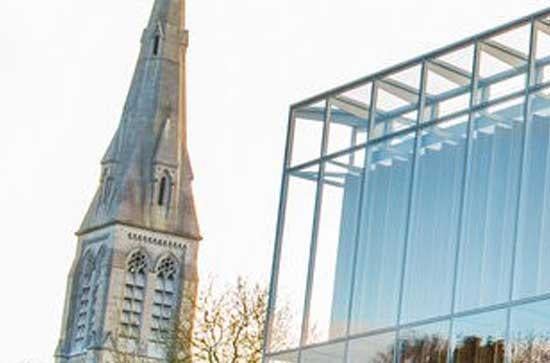
Academic

Academic

Academic
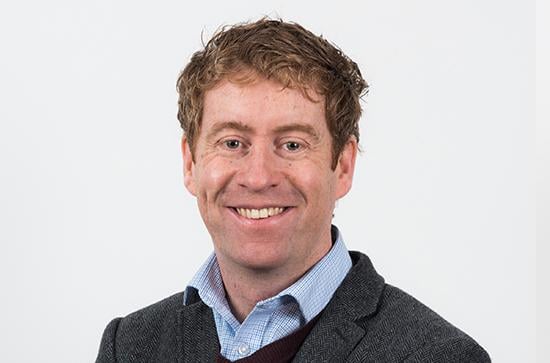
Academic
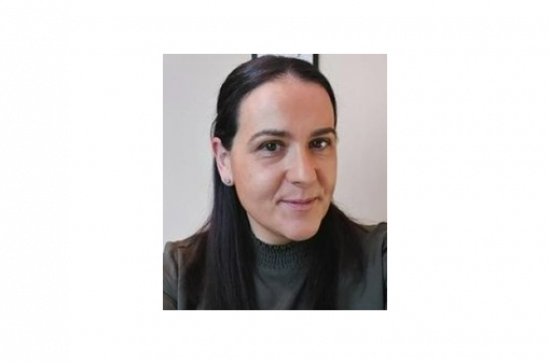
Academic
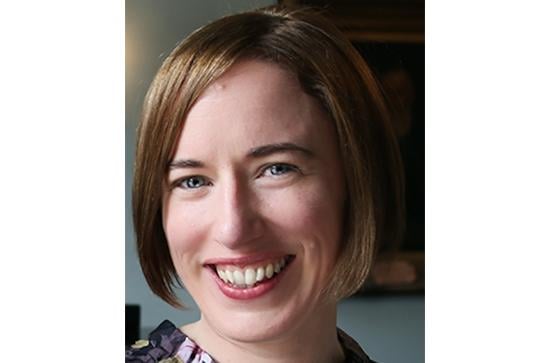
Academic
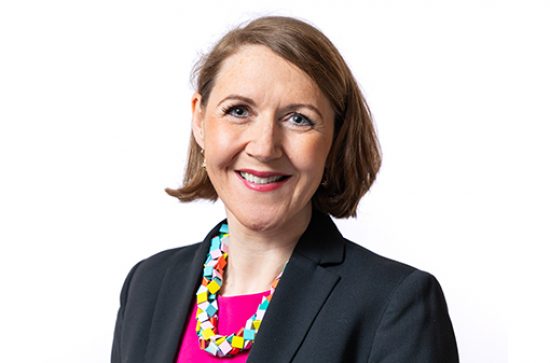
Academic
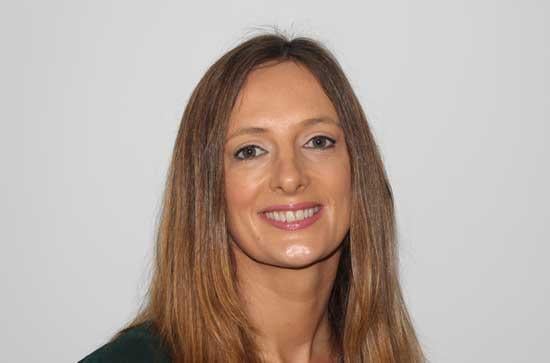
Academic
Department of Froebel Department of Primary and Early Childhood Education
Department of ALL Institute
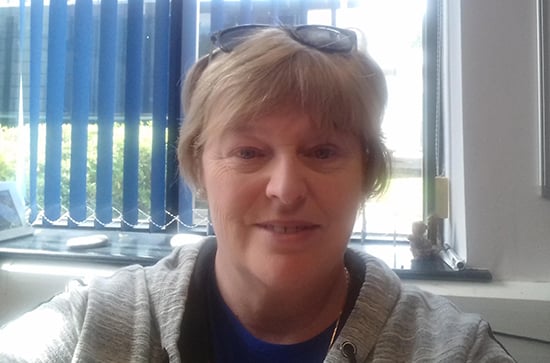
Academic
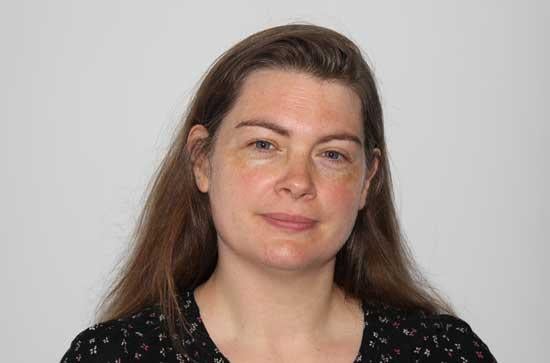
Academic
Department of Froebel Department of Primary and Early Childhood Education
Department of Sexualities and Gender
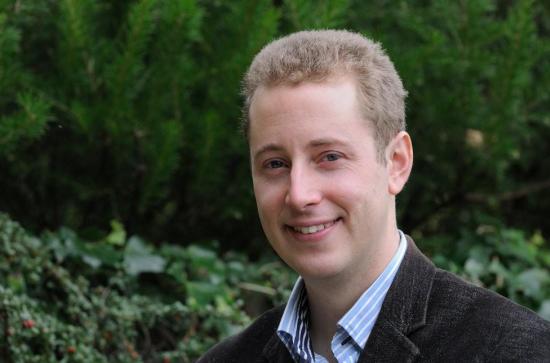
Academic
Department of Froebel Department of Primary and Early Childhood Education
Department of Faculty of Social Sciences
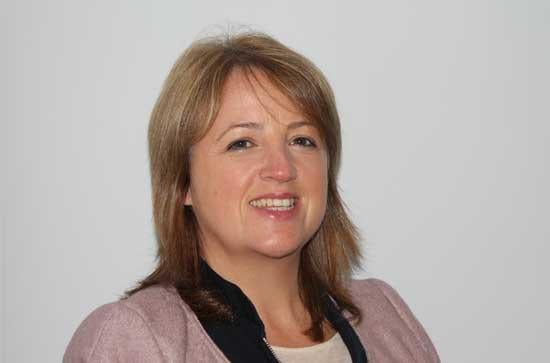
Academic

Academic
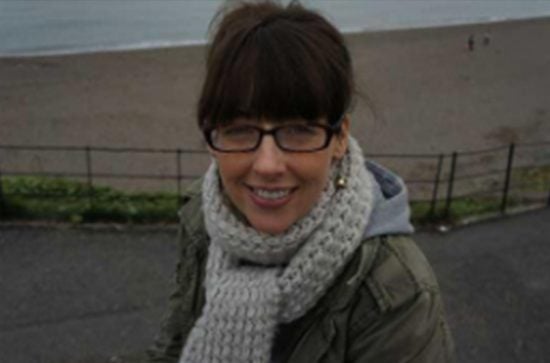
Academic
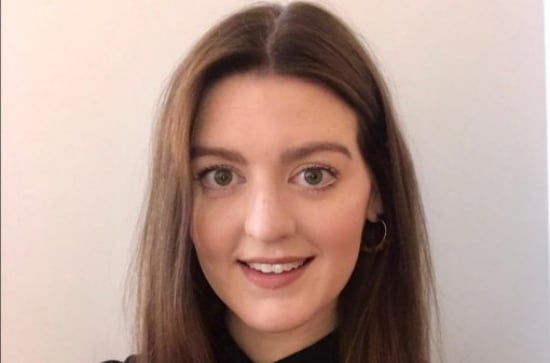
Academic
Department of Lárionad na Gaeilge
Department of Froebel Department of Primary and Early Childhood Education
Department of School of Celtic Studies
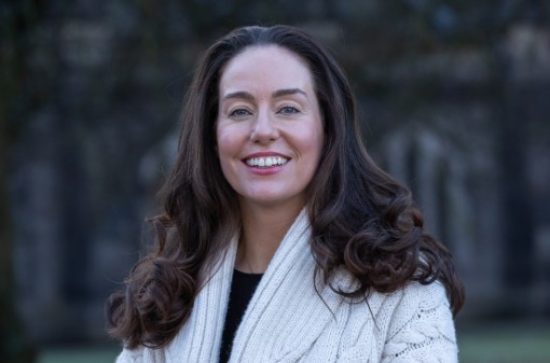
Academic
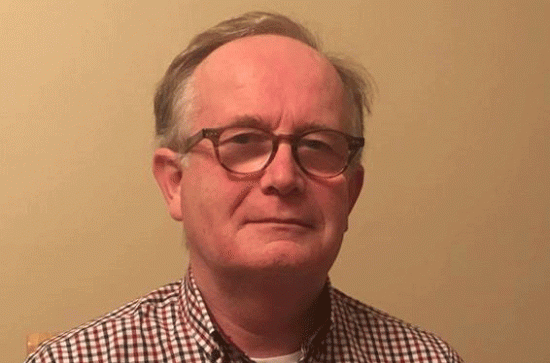
Academic
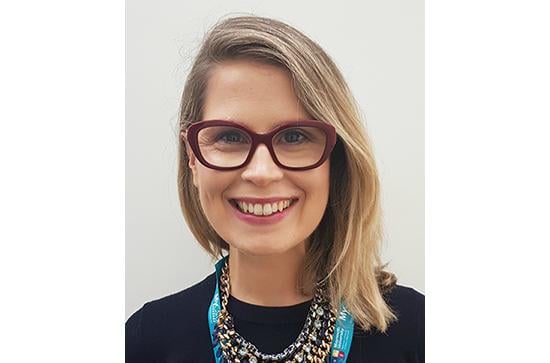
Academic

Academic
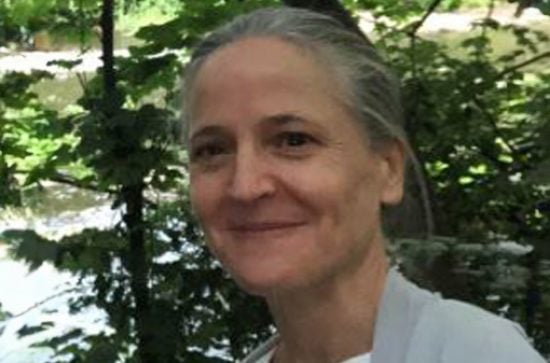
Academic
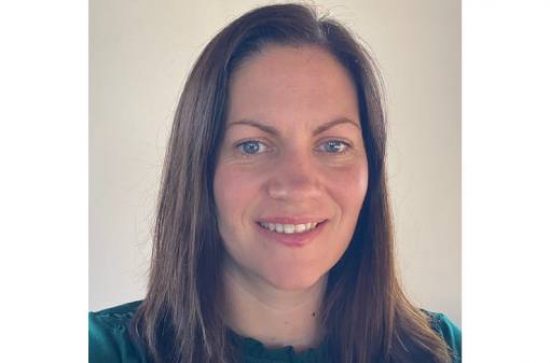
Academic
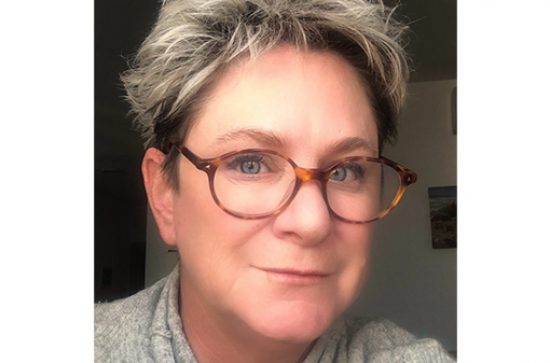
Academic
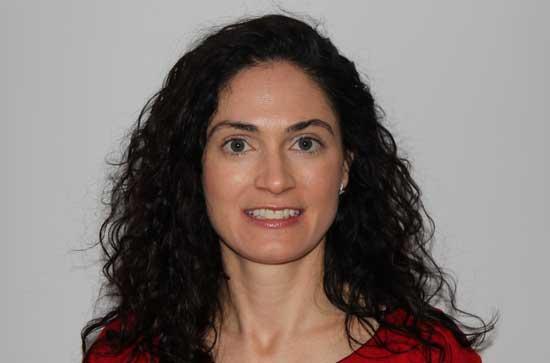
Academic
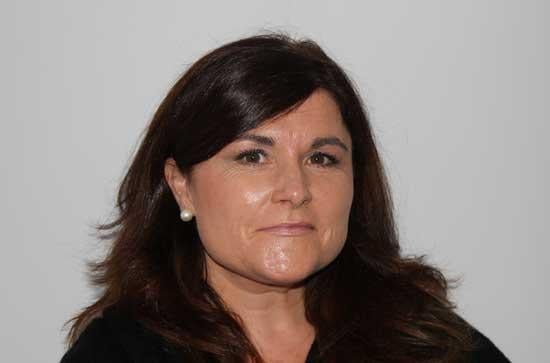
Academic
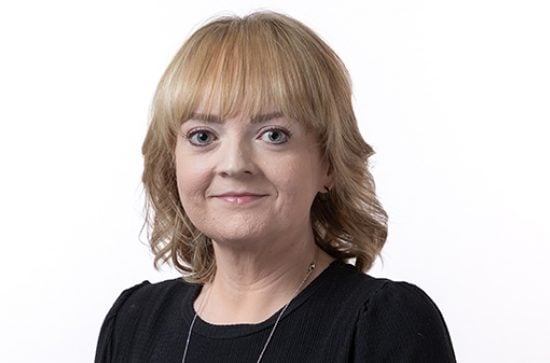
Academic
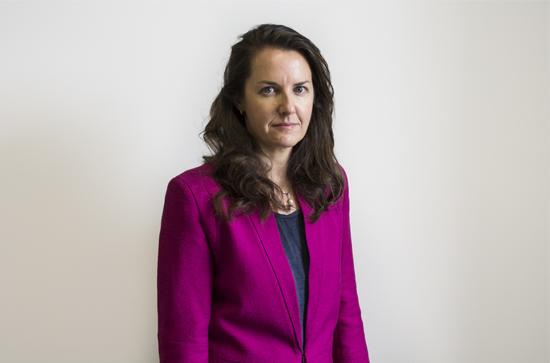
Academic
| Subject | Required | Ordinary Level Grade | Higher Level Grade |
|---|---|---|---|
| Irish | Yes | O6 | H7 |
| English | Yes | O6 | H7 |
| Language | No | N/A | N/A |
| Math | No | N/A | N/A |
| Science | No | N/A | N/A |
International & EU/EFTA Entry Requirements
Mature Students
Mature Applicants
Mature applicants are assessed separately to school-leavers. Mature applicants are 23 years or older by 1st January in the year of entry to the University. For part-time/flexible degrees the mature age is 21.
Mature applicants who have a disability
If you have a disability or specific learning difficulty (e.g. dyslexia), and require support for any required written exercise/interview/ online video audition which may form part of your application assessment, you must complete an online request form and submit supporting documentation by 15 March 2025. Applications for alternative examination accommodation cannot be considered after this deadline.
01 July 2025
Additional Information
Leaving Certificate Applicants
Required to present 2H5 & 4O6/H7, Irish & English. MH003 Round 1 Points 2024: 389
HEAR and DARE
DARE: The Disability Access Route to Education is a third level alternative admissions scheme for school-leavers whose disabilities have had a negative impact on their second level education.
HEAR: The Higher Education Access Route is a third level admissions scheme for school leavers from socioeconomically disadvantaged backgrounds.
Contact the Access Office for more information about these access routes.
National Vetting Bureau
Offers of places on this programme are subject to a satisfactory background check by the National Vetting Bureau.
APPLY TO THE CAO - WWW.CAO.IE
The application process depends on the type of applicant you are. Click here for all information about how to apply.
Categories of applicant:
- School-leavers (Leaving Certificate students)
- Mature students (23 years or older by 1st January in the year of entry to the University/part-time degrees the mature age is 21)
- EU/EFTA/UK students
- International students (outside the EU)
- QQI (Further Education) students
- Transferring students
- Deferring students


